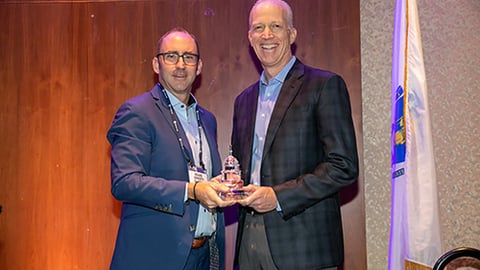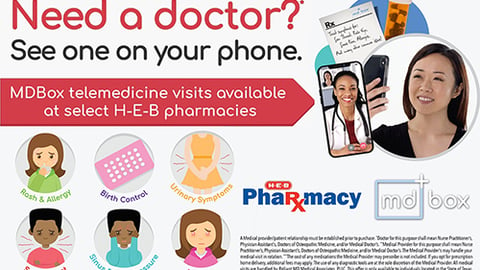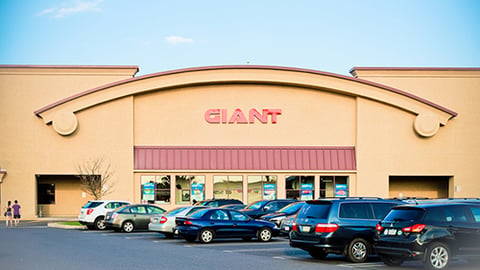Kroger Highlights Retail Health Opportunities
For grocers looking to leverage opportunities in retail health, a good start would be to look at what’s just happened in Australia.
That country is at the tail end of one of its worst flu seasons ever. This outbreak on the other side of the world could be bad news for the United States as it heads into winter, according to Kroger Senior Director of Pharmacy Services Jim Kirby.
“The next big thing that will hit retail pharmacy is the flu season, but not just any flu season, but the possibly worst flu season in the last decade,” said Kirby, who spoke at the National Association of Chain Drug Stores’ Total Store Expo (TSE), in Boston. “Time is of the essence, but if there's any way that you can institute flu testing at your pharmacy, then that's a big business opportunity. But more important, it's a great patient care opportunity.”
Kirby, a pharmacist, board-certified pharmacotherapy specialist, certified diabetes educator and adjunct professor at the University of Cincinnati, oversees Kroger’s vaccination, medication therapy management, health-screening and disease management/education programs. He also trains Kroger pharmacy staff in core clinical content areas, develops pilot programs that improve the medication use process and leads Kroger’s advocacy efforts for the advancement of pharmacy.
Kirby spoke to TSE attendees about the expanded role of retail pharmacists in providing preventive care services. He also elaborated on the next-generation screenings that are coming to pharmacy and what Kroger is working on to innovate in that department.
“There is an urgent need for expanded roles of the pharmacy team to provide greater access to preventive care services,” Kirby said. Some of the services that Kroger is expanding include a wider range of screenings, vaccinations and telehealth offerings. But Kirby also detailed how retail pharmacy should be looking to go beyond preventive care.
“If we in grocery are truly going to improve health outcomes beyond screenings, we're going to have to get in deep with how patients are living their life,” he noted. “This is something that we really harp on at Kroger. You have to engage, and you have to remember that there is a patient behind every prescription that you're filling. We have to engage every patient, every time.”
In addition to talking with patients about their health objectives and preventive care options, Kirby said that the next frontier for pharmacy is in nutrition. He told the audience that he sees a time when pharmacists will counsel patients on dietary needs.
“There was a time when it was illegal for pharmacies to talk about medications with their patients," he observed. "Now all that has changed, and that's standard practice. I believe this will also change as it relates to nutrition. I think pharmacists can easily be trained to help patients with reading nutrition labels and guiding them on their nutrition journey."
Kirby added that pharmacists could educate patients on which foods are covered by SNAP and WIC benefits, especially since the 2018 Farm Bill provides for expanded offsetting of the costs of fruits and vegetables.
“Pharmacies need to understand that they need healthy people,” Kirby advised. “Understanding that creates opportunities for retail and pharmacists to address patients’ health care needs in their pharmacy, or creates business opportunities that offer solutions or interventions.”
Cincinnati-based Kroger operates nearly 2,800 retail food stores under various banner names, employing nearly half a million associates. The retailer is No. 2 on Progressive Grocer’s 2019 Super 50 list of the top grocers in the United States.






